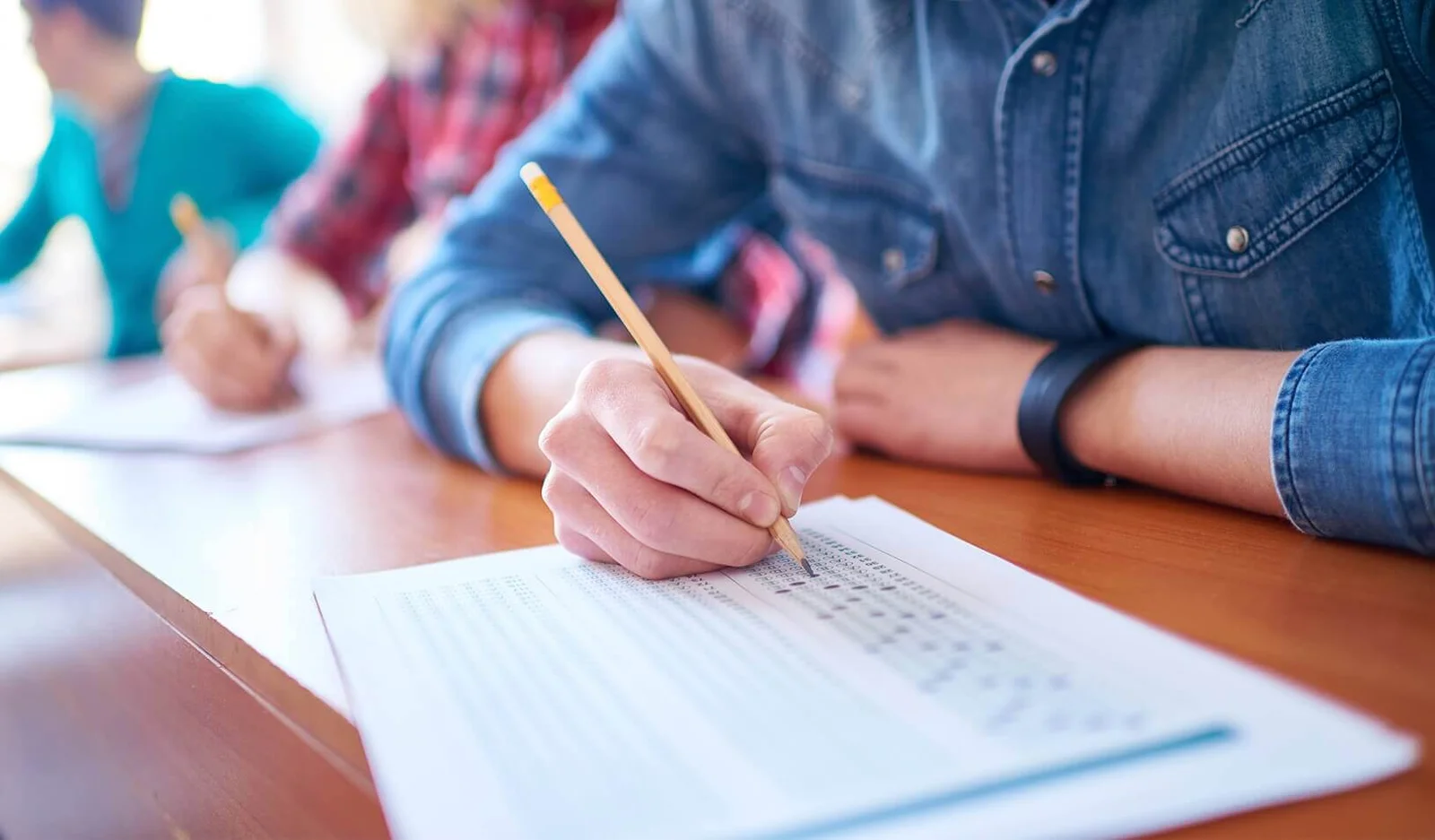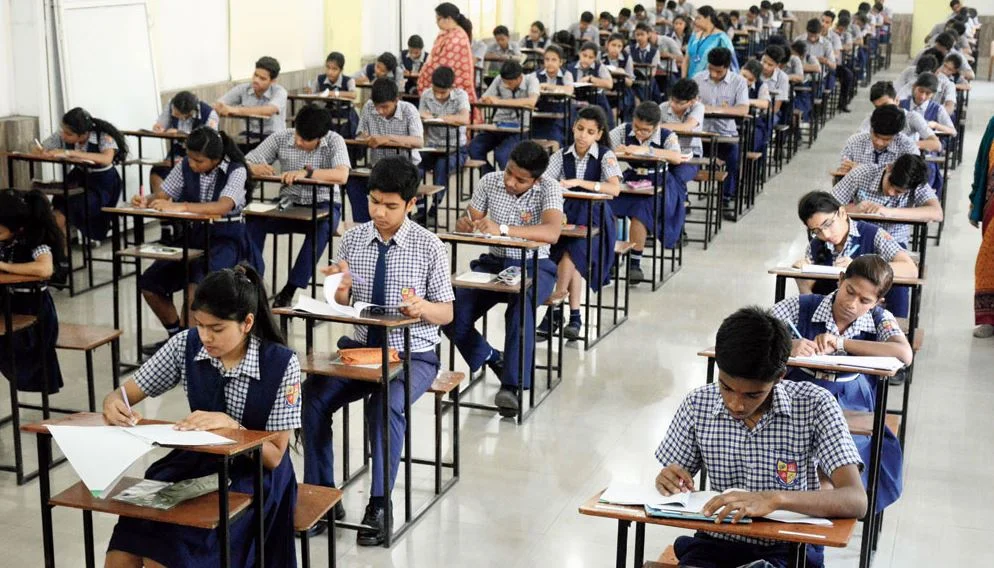Preparing for history exams can be challenging due to the need to retain a lot of information. This article offers insights and strategies to help students tackle historical events effectively, aiming for success in exams. By analyzing history critically and understanding its complexities, students can gain a deeper understanding beyond simple memorization.
Unearthing the Significance of Historical Events
Historical events are not mere dates and facts; they represent pivotal moments that have shaped societies and civilizations. Instead of delving into the minutiae of each event, students should focus on understanding the broader significance and impact. By contextualizing events within their historical, social, and cultural frameworks, students can grasp the underlying causes and effects, enabling them to analyze and interpret historical narratives with clarity.
Strategies for Effective Exam Preparation
To excel in exams, students need to adopt effective study strategies tailored to the nature of historical events. One approach is to create timelines that visualize the chronological sequence of events, helping students identify patterns and connections. Additionally, organizing events thematically can provide a deeper understanding of overarching themes and trends across different time periods.
Another valuable strategy is to engage with primary sources whenever possible. Primary sources offer firsthand accounts of historical events, providing authentic perspectives that can enrich students’ understanding. By critically evaluating primary sources, students can develop analytical skills that are crucial for exam success.
Connecting Historical Events to Contemporary Issues
Understanding historical events is not just about memorizing facts; it’s about recognizing their relevance to contemporary issues. By drawing parallels between past and present, students can appreciate the enduring impact of historical events on modern society. This approach not only enriches their understanding but also equips them to critically assess current events in a historical context, fostering a more nuanced perspective.
FAQs
Q: How can I remember dates and facts more effectively?
A: Instead of rote memorization, try to understand the significance of events and their broader context. Creating mnemonic devices or associating dates with memorable events can also aid retention.
Q: Are there any recommended resources for studying historical events?
A: Utilize a variety of resources, including textbooks, academic journals, documentaries, and online archives. Engaging with diverse sources can provide a comprehensive understanding of historical events.
In Conclusion
Mastering historical events for exams requires a multifaceted approach that goes beyond memorization. By understanding the significance of events, employing effective study strategies, and connecting the past to the present, students can develop a holistic understanding that enhances their academic performance and fosters a lifelong appreciation for history.













